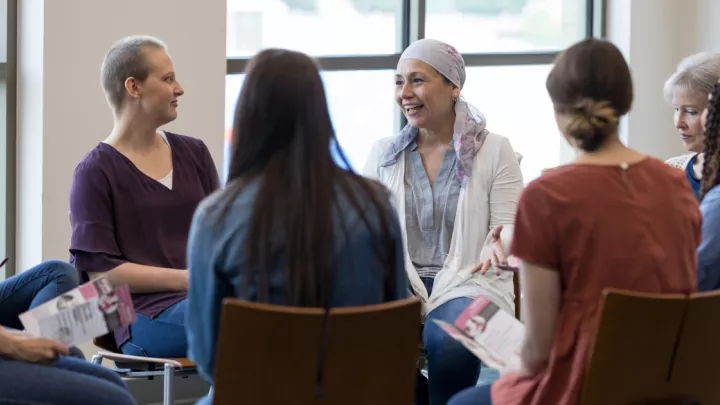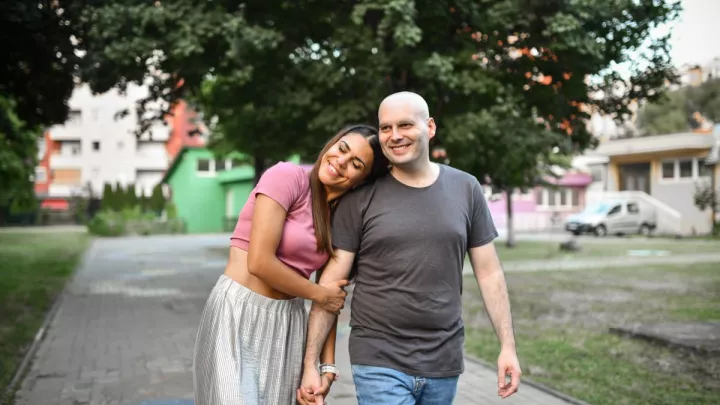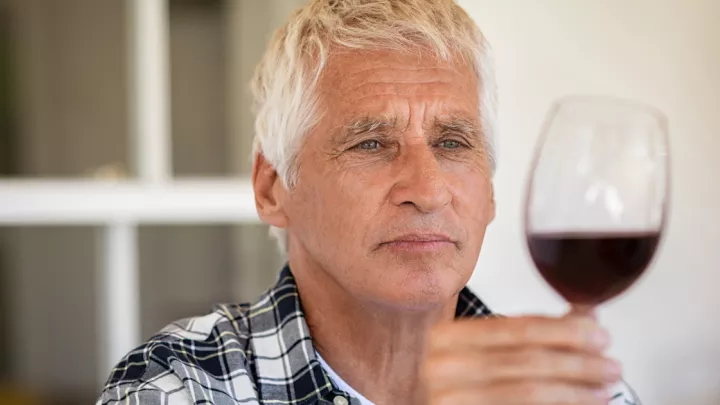Cancer survivorship wellness program supports long-term mental health and well-being
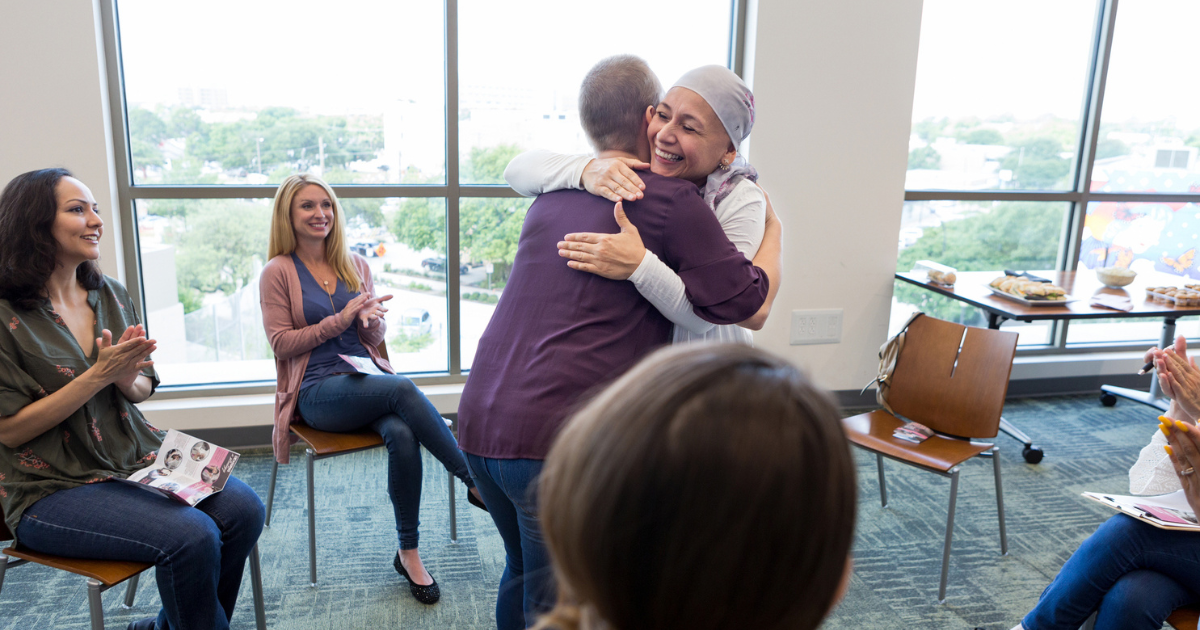
The journey of a cancer survivor doesn’t end with the completion of treatment. This often marks the beginning of another stage – the transition from active treatment to recovery and dealing with the lingering stress and physical and emotional changes that cancer can leave behind.
Nebraska Medicine recently launched a new cancer survivor wellness program called WHOLE (Wellness – How One Lives Effectively), for cancer survivors and their caretakers to help them better manage these challenges.
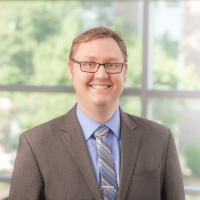
“Many people going through cancer treatment will experience changes physically, mentally and emotionally before, during and after treatment,” says Adam Mills, PhD, Nebraska Medicine psychologist. “It’s the chronic nature of cancer that can make it so difficult to get back to a normal life again.”
Cancer can create prolonged stress that can cause survivors to become anxious and withdrawn, disrupt sleep, reduce energy levels and even suppress their immune system.
“While the body is fairly good at handling brief episodes of stress (the ‘fight-or-flight’ response), the problem with cancer is that it tries to use those same tools for long-term stress, and this can take a toll on the mind and body,” he says.
Cancer survivors often struggle with how to return to life as it was before their diagnosis. People around them may expect everything to be normal again. They don’t realize that their loved one may still be dealing with many physical and emotional changes cancer has left behind, explains Dr. Mills.
WHOLE is a collaboration among Nebraska Medicine psychologists, psychiatrists and the Survivorship Clinic designed to give survivors the evidence-based tools they need to better navigate these challenges. The seven-week program is offered in a group setting via online video conferencing. It deals with common issues many survivors experience, such as stress, changes in their relationships, communication, sleep, fatigue, lingering pain, body changes, anxiety and motivation.
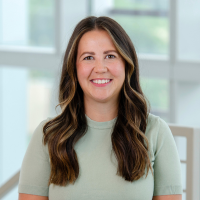
“It’s good for cancer survivors to hear other survivors discussing some of the same issues they may be dealing with so they can see that they are not alone,” notes Mills. “We can also schedule individual counseling appointments for those that may need more one-on-one help.”
Dr. Mills says they also encourage family and caregivers to participate. “Being a caregiver can carry just as much – or more - stress as going through cancer itself due to the extra roles that person must take on,” he says. “Caregivers have their own set of stressors and challenges they must deal with.
“Going through cancer can be the most difficult and longest stressor people will ever experience in their lives. We want to minimize the toll it can take on their mental and physical health so they can live the best life possible.”
You don’t have to do it alone. Call or email Rachael Schmidt, DNP, at 402.559.1889 or raschmidt@nebraskamed.com to learn more about the WHOLE cancer survivor wellness program.


